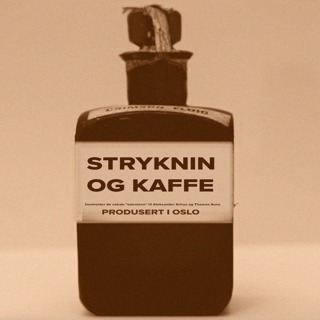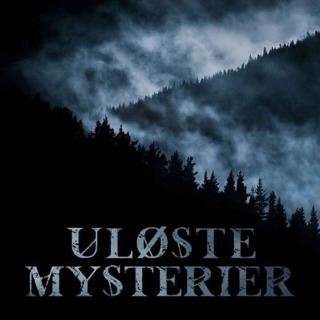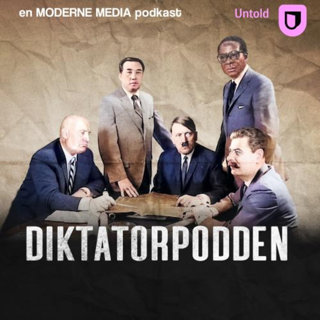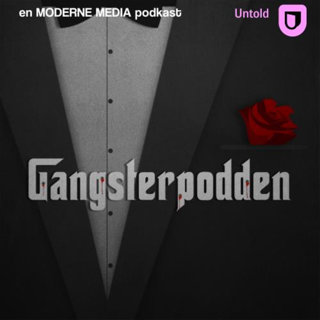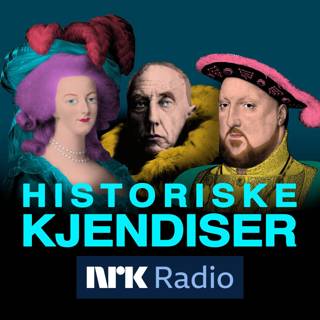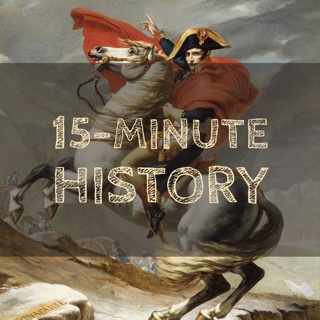
Mark Twain | Rhyming History
The steamboat passed the port and he looked out at the brown, muddy water. The heat was failing and the humidity began to soak his clothes. Soon it would be twilight and the lighting bugs would begin to flash on the shoreline. As the boat moved downriver, he saw an old wooden raft hitched to a tree near the shore. It had a battered steering rudder, and the logs that were tied together looked so beaten he would have guessed it impossible to serve any function other than kindling. He watched the water move the raft back and forth and smiled to himself, thinking about the hands that made it and what possible experiences someone might have on a craft like that. He turned to the north in the direction they were heading and wondered how a craft like that could get up the river without capsizing. He wondered what would have happened if he had a craft like that. It didn’t make sense now, but it would have been wonderful for his youth. He wondered how he might have used it. He wondered, and he dreamed. Join us as we teach you about Mark Twain, his life, and his contribution to the literary world.
4 Okt 202116min

What If? | The 1619 Project
In August 2019, The New York Times commemorated the four hundred-year anniversary of the first black Africans arriving in the New World by launching a long-form journalism project called the 1619 Project. Developed by Nikole Hannah-Jones, the project was designed to shift the focus of American history away from the American Revolution and hone in on the experiences of black Americans both before and after the Civil War. The 1619 Project immediately attracted both praise and criticism from historians and pundits alike and became another partisan football in the ongoing culture war that rages in the United States. There isn't time to address the many controversies that arose from the project in this episode, though I expect Joe will ask me about several in our discussion. Instead, for this final "what if" bonus episode, I want to look at how American history might be changed if what the 1619 Project's authors believe was factually true—what our country might have done differently if, as Nikole Hannah-Jones and others believe, the United States of America was actually founded to protect slavery and promote white supremacy. What if, as the authors of the 1619 Project suggest, the United States was founded on oppression and slavery? Join us for our final episode in the "What if?" series as we explore this question. Season Five of 15-Minute History will begin on Monday, October 4.
13 Sep 20219min

What If? | A Discussion on The 1619 Project
Join us as we discuss the final episode in our "What if?" series, "The 1619 Project".
13 Sep 202121min

What if? | Pizzaro & the Potato
From 1531-1532, Pizzaro and his group conquered and destroyed the Inca Civilization. Climbing the Andes Mountains, they probably never questioned the ability of the Inca Empire to feed itself in the absence of cattle and wheat. That was, by most estimations, the farthest thing from the mind of the conqueror. Amongst the riches they stole and the mining they conducted, a resource emerged that McNeill believes would have altered history had it not been discovered and transplanted throughout the world. That discovery was the potato. What if Pizzaro hadn't brought the potato to Europe? Join us as we continue asking "What if", discuss what might have happened if the conquistador had left the potato behind in the ruins of his conquest, and how such a decision would have changed the world we know today.
30 Aug 20219min

What if? | A Discussion on Pizzaro & the Potato
Join us as we discuss, "What if" | Pizzaro and the Potato.
30 Aug 202114min

What If? | The Immolation of Hernán Cortés
"Cortés and his men leapt across the breach in the causeway to pursue the fleeing Aztecs, only to see them turn and attack. Drawn into the trap, Cortés and sixty-eight other Spaniards were captured and dragged off, leaving scores of others dead on the road. Ten captives were killed immediately, and…the remaining fifty-eight were taken to the towering Great Temple, which could plainly be seen from the Spaniards' camp, made to dance before the statue of the Aztec god of war, Huitzilopochtli, and then, on by one, they were sacrificed…Cortés escaped this fate only through the intervention of Cristóbal de Olea, who sprang to his defense, killed the four Aztecs who were dragging him off, and freed his leader at the cost of his own life. The very conquest of Mexico hung on this single act." — Ross Hassig, "The Immolation of Hernán Cortés What if Cortés had died on the causeway or at any other point in his dangerous career? Join us as we continue asking "What if", speak to what might have happened if the conquistador had met his end at the hands of those he sought to conquer, and how our world might be different today.
9 Aug 20219min

What If? | A Discussion on The Immolation of Hernán Cortés
Join us as we discuss What If? | The Immolation of Hernán Cortés.
9 Aug 202120min

What If? | Victory at Harbin
General Marshall had arrived early in 1946 with orders from Harry Truman to build a coalition government that included both Communists and Nationalists in China. Mao Tse Tung eagerly accepted Marshall’s intervention, continuing his public relations campaign to depict the Chinese Communist Party as kinder and gentler than its Stalinist counterpart in Moscow. But Chiang, who had chafed at having to accept help from the Americans during the war with Japan, rejected Marshall’s interference and refused to compromise with Mao. Frustrated by the Nationalists’ intransigence, General Marshall delivered an ultimatum in June 1946: agree to a ceasefire in Manchuria and open negotiations with Mao, or the United States would cut off all military aid to Chiang’s forces in the field. The proud Nationalist leader accepted these terms at first, and when talks broke down he tried to resume the advance. But it was too late. America kept its word and ended military aid to Chiang’s government, and Mao had used the brief respite to rearm his men with Soviet weapons. Within two years, Chiang Kai-Shek’s forces had been driven off the mainland onto the island of Formosa, where they formed the Republic of China, while Mao Tse Tung ruled the victorious People’s Republic of China from Beijing. What if Chiang had ignored Marshall’s ultimatum entirely, taken the Harbin stronghold, and then negotiated directly with Mao from a position of strength? Join us as we continue asking "What if", examine the effects of what might of happened, and wonder what our world might be like today.
26 Jul 20218min











